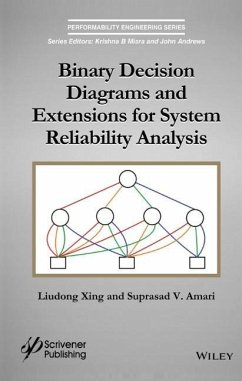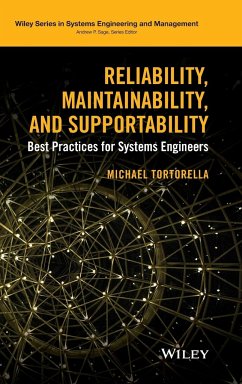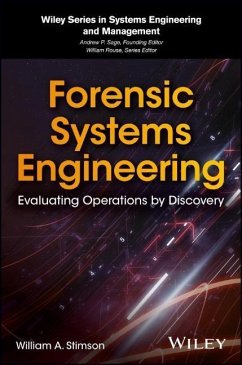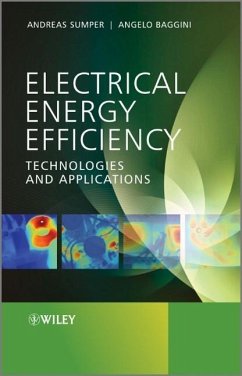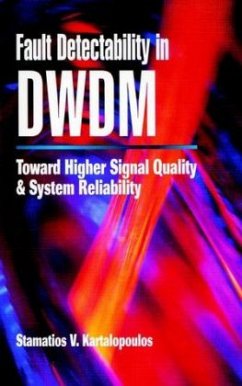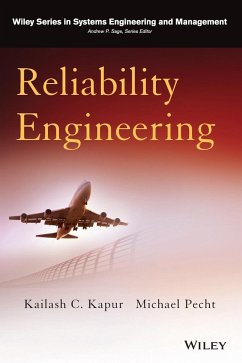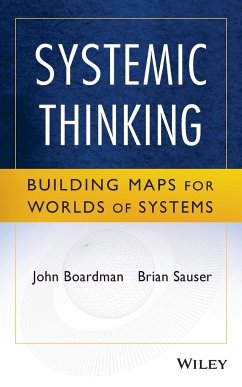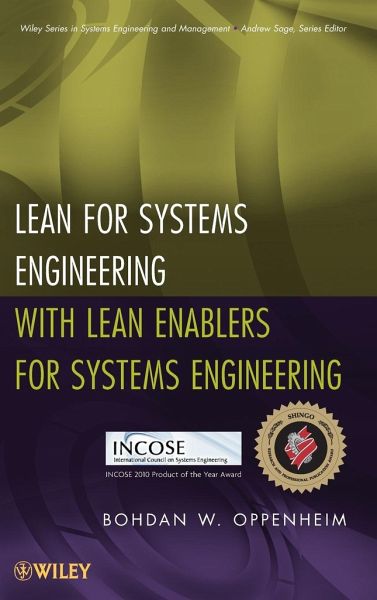
Lean Systems
Versandkostenfrei!
Versandfertig in über 4 Wochen
111,99 €
inkl. MwSt.
Weitere Ausgaben:

PAYBACK Punkte
56 °P sammeln!
This book joins the insights of experts across industry, government, and academia into a comprehensive sourcebook for lean systems engineering principles and practices. It is targeted at the practitioner who is trying to make systems engineering more effective in their organization or program, yet its scholarly underpinnings make the text very suitable for teachers. It presents a checklist and methodology that promote Lean value and waste elimination-as well as commonsense best practices, offering an honest appraisal of where lean systems engineering stands today.




